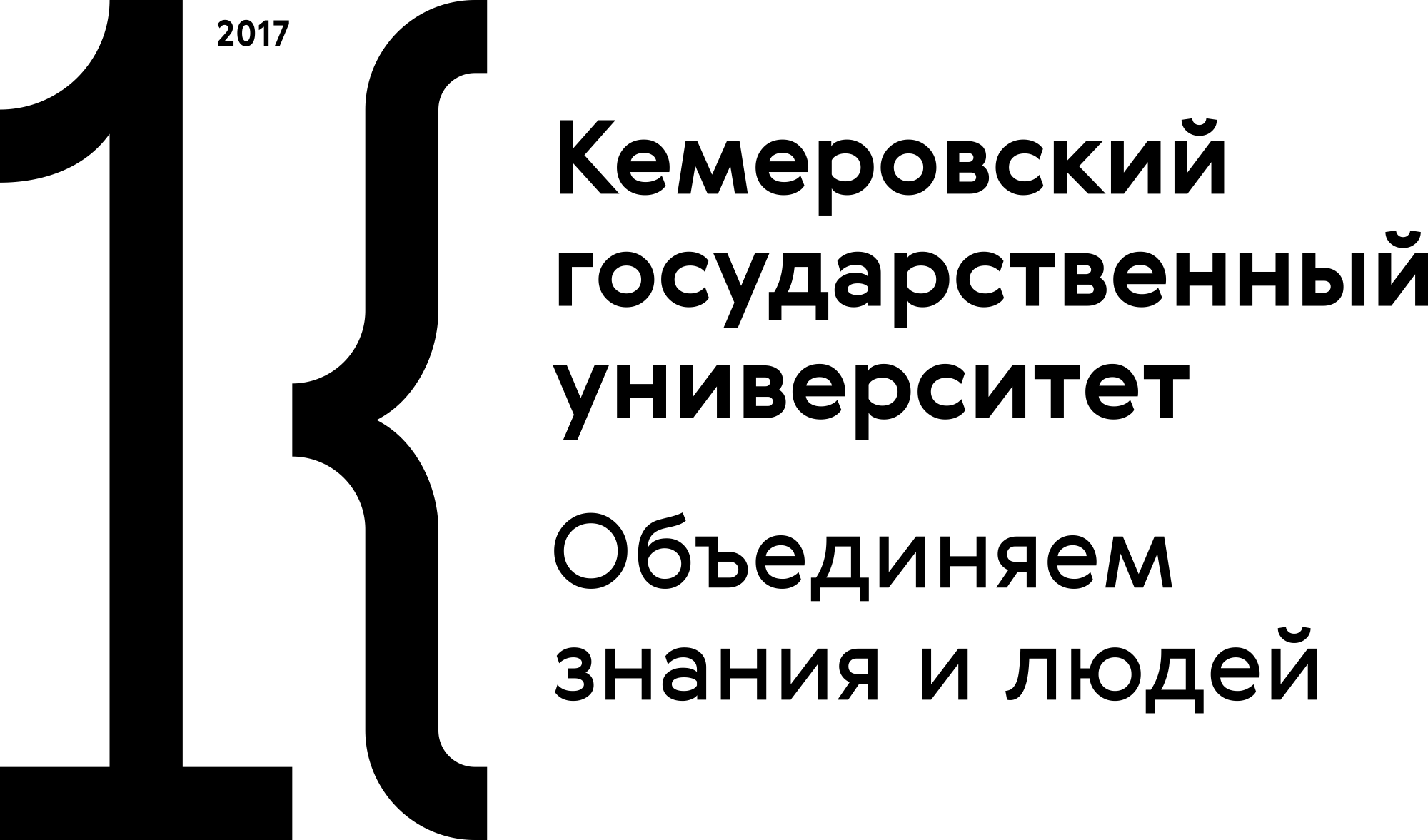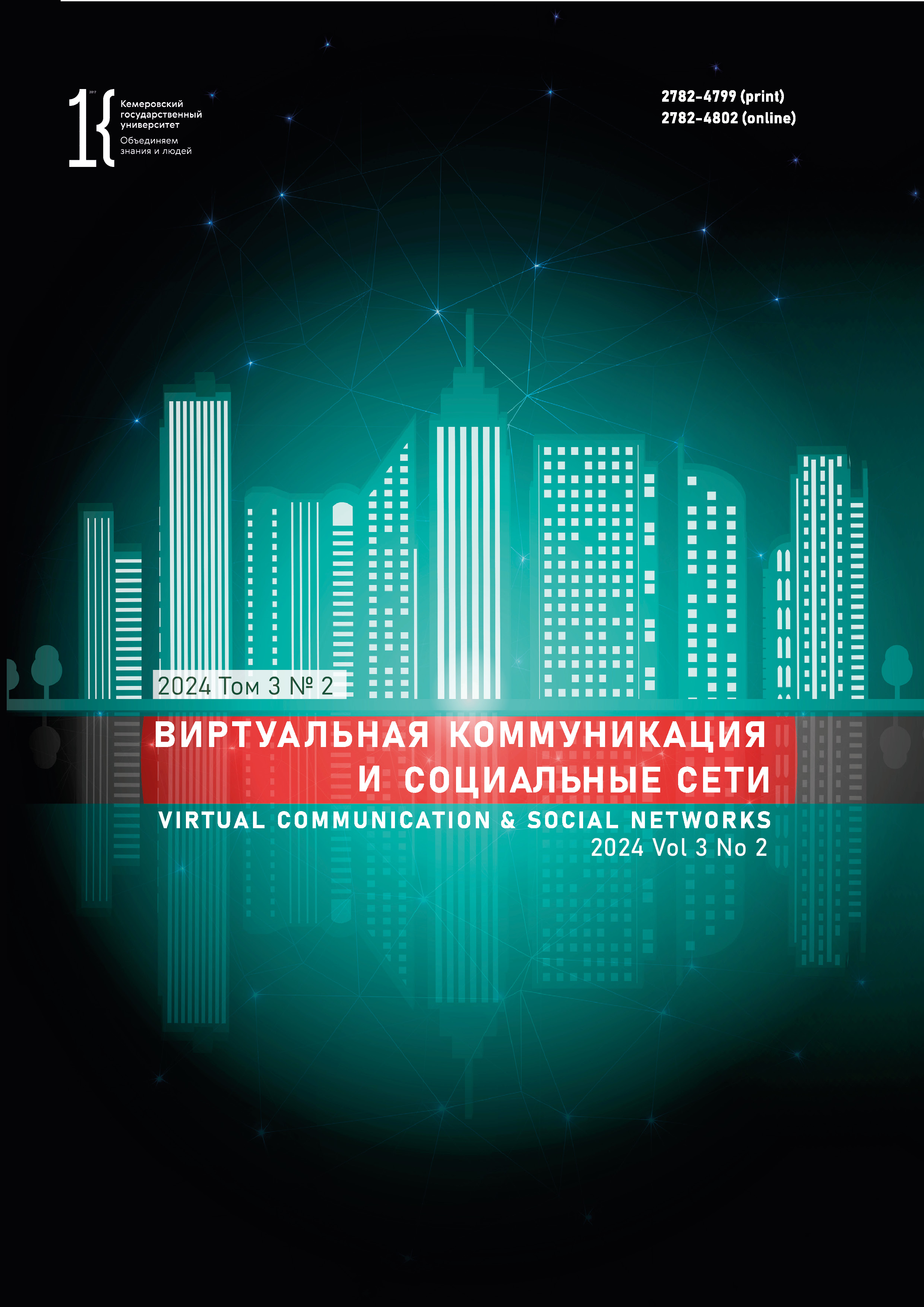from 01.01.2013 to 01.01.2024
Volgograd, Russian Federation
Volgograd, Russian Federation
Telehealth is a modern branch of medicine that provides affordable and high-quality healthcare. The doctor-patient communication during an online consultation is just as important as personal bedside communication. A telehealth doctor is a qualified specialist who is able to provide remote assistance to patients using a computer and telecommunication software. Telehealth is especially important to patients in remote or rural areas with limited access to medical service. The article describes the role of the communicative component in effective telehealth interaction. The authors studied various online telehealth services, i.e., the Gostelemed telehealth consultation service provided by state medical organizations, the Miracle Doctor multidisciplinary medical clinic, and the Capsa Healthcare mobile medical platform. The authors used the methods of data analysis, generalization, and classification, as well as terminological analysis of dictionary definitions, to study the basic principles of effective telehealth communication. They identified the provisions and means of effective verbal and non-verbal communication during online consultations. Telehealth proved to be an effective tool that improves the standards and accessibility of medical care, especially during pandemics or crisis. Effective telehealth communication promotes positive relations between patients and specialists.
telemedicine, telehealth, telephysician, network doctor, remote consultation, remote care, communication skills, effective communication
1. Abraamyan S. A. Distributed data transmission system based on mobile devices in the field of telemedicine. Cand. Tech. Sci. Diss. St. Petersburg, 2018, 267. (In Russ.) https://www.elibrary.ru/orgevf
2. Agagyulova S. I., Galichkina E. N., Goroshko E. I., Il'yasova S. V., Kallistratidis E. V., Karaban N. A., Karasik V. I., Kachanova A. A., Kolokoltseva T. N., Kochetova L. A., Krasavsky N. A., Kudryavtseva A. A., Lutovinova O. V., Mityagina V. A., Ryazhkov M. S., Cherkasova I. S., Sharifullin B. Ya., Shestak L. A., Shtukareva E. B. Internet communication as a new speech formation. Moscow: FLINTA, 2012, 328. (In Russ.) https://www.elibrary.ru/sdrnkn
3. Aksyonova E. I., Vvedenskiy A. I. Doctor's professional competences in telemedicine. Avicenna Bulletin, 2021, 23(4): 500–509. (In Russ.) https://doi.org/10.25005/2074-0581-2021-23-4-500-509
4. Alekseeva A. A. Speech tactics in online medical advice (based on health.mail.ru). Vestnik NSU. Series: History and Philology, 2017, 16(9): 112–120. (In Russ.) https://doi.org/10.25205/1818-7919-2017-16-9-112-120
5. Akhnina K. V. Communicative peculiarities of internet medical discourse. Bulletin of Peoples’ friendship university of Russia. Series: Russian and foreign languages. Methods of its teaching, 2015, (3): 7–12. (In Russ.) https://elibrary.ru/uklfkd
6. Bobrik A. A. Digital culture of doctor-patient interaction: Application of legislation on telemedicine. Philosophy of Education, 2018, (1): 109–114. (In Russ.) https://elibrary.ru/ynwdjb
7. Guryleva M. E., Nezhmetdinova F. T. Telemedicine: Advantages and risks. Medical Ethics, 2022, 10(1): 4–9. (In Russ.) https://doi.org/10.24075/medet.2022.039
8. Zhura V. V. Discursive competence of a doctor in oral medical communication. Volgograd: VolSMU, 2008, 373. (In Russ.) https://elibrary.ru/qlrdur
9. Zingerman B. V., ShklovskyKordi N. E., Vorobiev A. I. About telemedicine "patient to doctor". Medical doctor and information technology, 2017, (1): 61–79. (In Russ.) https://elibrary.ru/xxjbtj
10. Kolesnichenko M. B. Social aspects of introdaction of telemedicine. Modern society: Questions of theory, methodology, methods of social research, 2017, 1: 146–151. (In Russ.) https://elibrary.ru/zugaxz
11. Lavrov M. S., Orlova O. A. The role of innovative technologies in the medicine of the future. Problems of economics and informatization of education: Proc. XIV Intern. Sci.-Prac. Conf., Tula, 20–21 Apr 2017. Tula: Chastnaia obrazovatelnaia organizatsiia vysshego obrazovaniia – assotsiatsiia "TULSKII UNIVERSITET (TIEI)", 2017, 82–88. (In Russ.) https://www.elibrary.ru/zbdokl
12. Lagutin M. D., Chigrina V. P., Samofalov D. A., Tyufilin D. S., Kilnik A. I., Kobyakova O. S., Deev I. A. The analysis of application of telemedicine technologies in the Russian Federation in 2019–2022. Problems of Social Hygiene, Public Health and History of Medicine, 2023, 31(2): 264–269. (In Russ.) https://doi.org/10.32687/0869-866X-2023-31-2-264-269
13. Leontovich O. A. Positive communicator: Key features and typical behavior. Ivzestia of the Volgograd State Pedagogical University, 2019, (1): 178–184. (In Russ.) https://elibrary.ru/yxxlhn
14. Leshina O. D., Detinko Yu. I. Online medical forum as a specific field for implementing a recommendation strategy. The world of science, culture and education, 2022, (1): 271–274. (In Russ.) https://doi.org/10.24412/1991-5497-2022-192-271-274
15. Novikova I. I., Chervyakov M. V. Foreign experience in regulating telemedicine services. Economy and business: Theory and practice, 2023, (9): 156–159. (In Russ.) https://doi.org/10.24412/2411-0450-2023-9-156-159
16. Sirotina A. S., Kobyakova O. S., Deev I. A., Boykov V. A., Baranovskaya S. V., Shibalkov I. P., Dmitriev S. V. Remote health monitoring: Global and domestic experience. Social aspects of population health, 2022, 68(2). (In Russ.) https://doi.org/10.21045/2071-5021-2021-68-2-1
17. Tvorogova N. D. The communicative component of the professional activity of a medical worker. Part 2. Meditsinskaia psikhologiia v Rossii, 2021, 13(4). (In Russ.) https://doi.org/10.24412/2219-8245-2021-4-2
18. Tortunova I. A. The role of speech etiquette in doctor – patient communication. Laser medicine, 2019, 23(S3): 63. (In Russ.) https://www.elibrary.ru/uuaect
19. Fedotova A. V. Compliance: Effective communication "doctor – patient". Effective pharmacotherapy, 2009, (18): 16–17. (In Russ.) https://www.elibrary.ru/tdrwxz
20. Shaderkin I. A., Shaderkina V. A. Remote health monitoring: Motivating patients. Russian journal of telemedicine and e-Health, 2020, 6(3): 36–43. (In Russ.) https://doi.org/10.29188/2542-2413-2020-6-3-37-43
21. Grushevskaya E. S., Karabulatova I. S., Fanyan N. Yu., Zelenskaya V. V., Golubtsov S.A. Linguistic and cultural characteristics of virtual discourse in the modern electronic and digital society. Interciencia, 2018, 43(8): 193–207. https://www.elibrary.ru/ivkziy
22. Zhura V. V., Rudova J. V. A Workshop on clinical communication: Worldwide best practices. Moscow: Pero, 2022, 132. https://www.elibrary.ru/ginutk

















